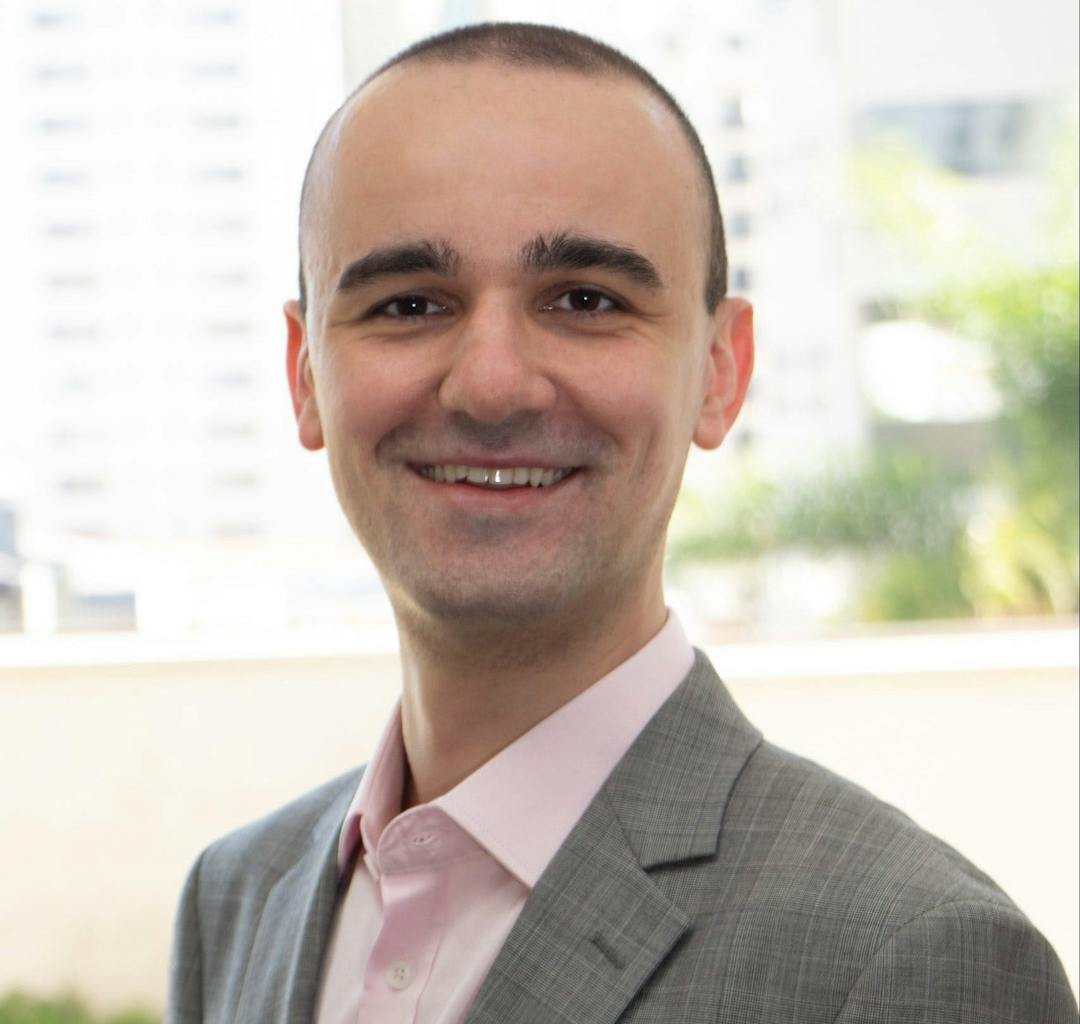Who’s In There? A Behavioral Toolkit to Enhance Self-Control
Self-control is associated with many consequential outcomes in our life: the ability to create a network and develop social relations, long-term savings, academic and professional achievement, stable and harmonious relationships, and maintaining healthy habits, among others. Therefore, it represents a key competence to work on.
Common sense has it that self-control can be achieved through sheer willpower. If we are “strong enough”—that is, able to exert effortful actions to inhibit temptations and impulses—we can assume control of our thoughts and actions.
However, psychologist Kentaro Fujita and colleagues disagree with this approach: when people suggest others “use willpower,” what do they actually mean? What kind of tool or behavior are they referring to? Fujita states that instead of a single, disciplined, and highly effortful response such as willpower, self-control is better conceived as a “toolbox of strategies.” Individuals looking to develop their self-control should look test out the different tools and find the one that works best for them in a given situation. Therefore, “improving self-control is not about becoming stronger, but rather about becoming smarter.”1
References
- Fujita, K., Orvell, A., & Kross, E. (2020). Smarter, not harder: A Toolbox approach to enhancing self-control. Policy Insights from Behavioral and Brain Sciences.
- Ariely, D., Wertenbroch, K. (2002). Procrastination, Deadlines, and Performance: Self-Control by Precommitment. Psychological Science, Vol. 13(3): 219-224.
- Milkman, K. L., Rogers, T., Bazerman, M. H. (2008). Harnessing our inner angels and demons: What we have learned about want/should conflicts and how that knowledge can help us reduce short-sighted decision making. Perspectives on Psychological Science, 3(4), 324–338.
- Loftus, E. (June 2013). How reliable is your memory? [Video]. TED: Ideas worth spreading.
- Kross, E. (2021). Chatter: The Voice in Our Head and How to Harness It. Vermilion.
- Rose, A. J. (2002). Co–Rumination in the Friendships of Girls and Boys. Child development, Vol. 73(6), 1830–43.
- Nils, F., Rimé, B. (2012). Beyond the myth of venting: Social sharing modes determine the benefits of emotional disclosure. European Journal of Social Psychology, Vol. 42(6).
- Lee, D. S., Orvell, A., Briskin, J., Shrapnell, T., Gelman, S. A., Ayduk, O., Ybarra, O., & Kross, E. (2019). When Chatting About Negative Experiences Helps—and When It Hurts: Distinguishing Adaptive Versus Maladaptive Social Support in Computer-Mediated Communication. Emotion: Advance online publication.
- Kross, E., Bruehlman-Senecal, E., Park, J., Burson, A., Dougherty, A., Shablack, H., Bremner, R., Moser, J., Ayduk, O. (2014). Self-Talk as a Regulatory Mechanism: How You Do It Matters. Journal of personality and social psychology, 106, 304–24.
- Orvell, A., Ayduk, O., Moser, J. S., Gelman, S. A., Kross, E. (2019.) Linguistic Shifts: A Relatively Effortless Route to Emotion Regulation? Current Directions in Psychological Science. 2019; 28(6): 567–573.
- Kross, E., Gard, D., Deldin, P., Clifton, J., & Ayduk, O. (2012). “Asking why” from a distance: Its cognitive and emotional consequences for people with major depressive disorder. Journal of Abnormal Psychology, 121, 559–569.
- Grenell, A., White, R. E., Prager, E. O., Schaeffer, C., Kross, E., Duckworth, A., & Carlson, S. M. (2019). Experimental paradigm for measuring the effects of self-distancing in young children. JoVE.
- Orvell, A., Kross, E., & Gelman, S. (2020). “You” speaks to me: Effects of generic-you in creating resonance between people and ideas. Proceedings of the National Academy of Sciences.
- Furman, C. R., Kross, E., Gearhardt, A. N. (2020). Distanced Self-Talk Enhances Goal Pursuit to Eat Healthier. Clinical Psychological Science, 8(2), 366–373.
About the Author
Tiago Rodrigo
Tiago is a Behavioral Economist and Managing Partner at Arquitetura RH. He has a background in complex and multicultural IT projects, and uses Design Sprints to bring together innovation and behavioral design. In Brazil, he co-leads a lab in São Paulo, where he organizes discussions and implements nudges to help organizations improve choice architecture in digital products, financial awareness among young professionals, and security in industrial contexts.
About us
We are the leading applied research & innovation consultancy
Our insights are leveraged by the most ambitious organizations
“
I was blown away with their application and translation of behavioral science into practice. They took a very complex ecosystem and created a series of interventions using an innovative mix of the latest research and creative client co-creation. I was so impressed at the final product they created, which was hugely comprehensive despite the large scope of the client being of the world's most far-reaching and best known consumer brands. I'm excited to see what we can create together in the future.
Heather McKee
BEHAVIORAL SCIENTIST
GLOBAL COFFEEHOUSE CHAIN PROJECT
OUR CLIENT SUCCESS
$0M
Annual Revenue Increase
By launching a behavioral science practice at the core of the organization, we helped one of the largest insurers in North America realize $30M increase in annual revenue.
0%
Increase in Monthly Users
By redesigning North America's first national digital platform for mental health, we achieved a 52% lift in monthly users and an 83% improvement on clinical assessment.
0%
Reduction In Design Time
By designing a new process and getting buy-in from the C-Suite team, we helped one of the largest smartphone manufacturers in the world reduce software design time by 75%.
0%
Reduction in Client Drop-Off
By implementing targeted nudges based on proactive interventions, we reduced drop-off rates for 450,000 clients belonging to USA's oldest debt consolidation organizations by 46%




















